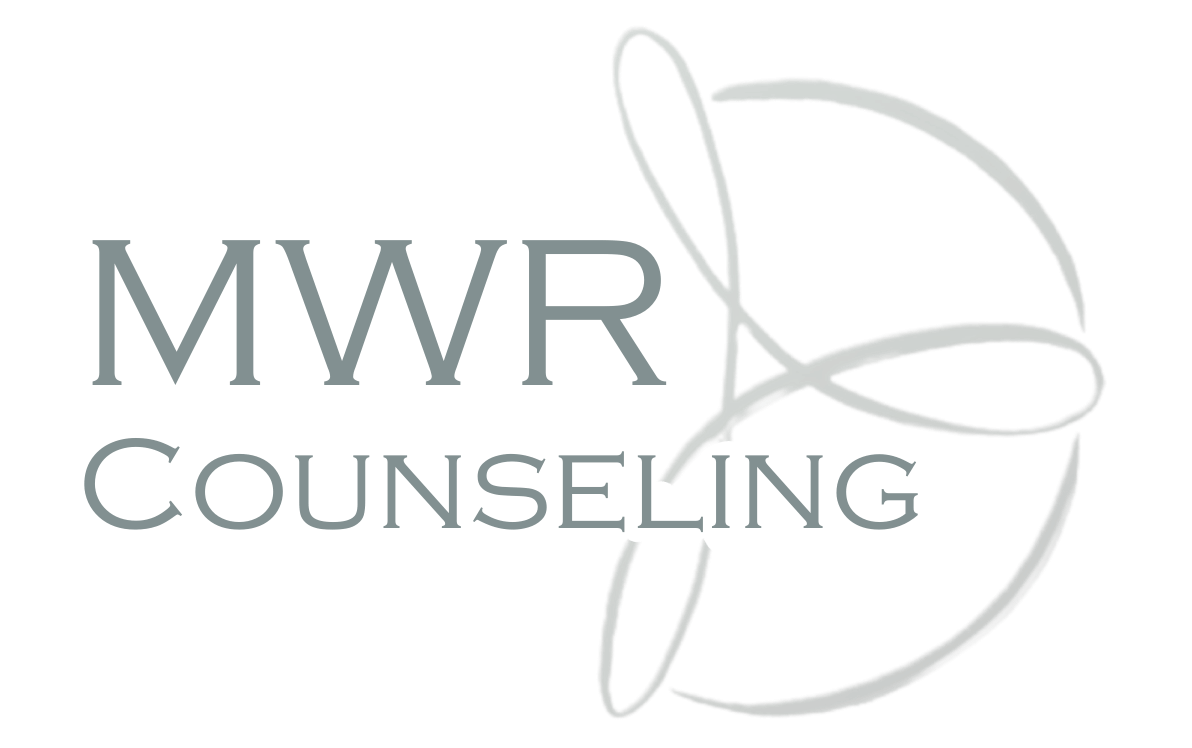Strengthening Attachment with Emotionally Focused Therapy

by Janey Saunders, tLMFT
EFT, or Emotionally Focused Therapy, is a therapeutic modality that exposes and corrects attachment and emotional breaks, wounds, or ruptures. Developed by Dr. Sue Johnson, EFT works on both an interpersonal and intrapersonal level, making it great for individual, couple, and family therapy.
EFT works to identify how individuals process their lived experiences, focusing on early attachment relationships and dynamics. From this understanding, a wider lens can be applied to examine, identify, and change the patterns of interaction displayed within significant relationships, such as with a romantic partner or family members.
Using EFT, the main therapeutic goal is to reprocess emotional experiences that have been developed due to an attachment wound, heal these wounds by removing the rigid structures put in place by maladaptive attachment styles and related emotional experiences, working to create new interactions within relationships that allow for flexibility, safety, and security.
Attachment influences how we view ourselves, others and the world around us. Insecure attachment creates fear, uncertainty, and a diminished sense of safety leading to rigid views relating to self, others, and the world. An insecurely attachment person is less likely to take risks, views themselves as incapable, lacks confidence, and is less tolerant of anxiety, changes in relationships, and other negative emotional experiences.
Individual EFT consists of three stages, paired with the “four P’s” of EFT: presence, present, process patterns, and non-pathologizing. Stage one is stabilization. The goal of this stage is to explore and identify specific attachment ruptures and maladaptive ways of handling not only attachment concerns, but internal emotions that correspond to these ruptures. Using presence, the therapist can assist in this process by creating a secure attachment between themselves and the client.
During stage two, restructuring, the client and therapist explore deep rooted views of self and others, alongside deep rooted emotional patterns and ways of reacting. Attachment wounds can be easily triggered and activated due to the central tenets of attachment being relevant in all relationships. Using present, in the moment questioning, can help an individual reprocess emotions and separate past hurts from what is happening right now, in the moment.
Since old and new attachment wounds often bring about the same mental and emotional experiences, our process patterns can oftentimes look the same. Our defense mechanisms and other ways of protecting ourselves that were useful in one situation may not still be useful in others. By identifying one’s process patterns and working to restructure the internal and external factors that coincide with these patterns, creates opportunity for flexibility not only in verbal responses, but emotional responses as well.
Change cannot be made without a shift in perspective that better aligns with a non-pathologizing view of self. Responses to insecure attachment are learned and applied to help one survive in a particular situation. Luckily, that means that these behaviors can be unlearned as well. Moving into a non-pathologizing stance lessens the assumption that our maladaptive ways of behaving and responding is a core tenant of our personhood and replaces it instead with the idea that these maladaptive responses are learned behaviors from our situation and environment.
Consolidation, the last stage, is the putting together of everything learned, uncovered, and reprocessed over the course of one’s therapeutic work. The insights learned creates an opportunity for an individual to better understand themselves and provide insight regarding why they react and process situations in the way that they do.
EFT creates emotional insight regarding patterns of interaction, processing, and responding. Maladaptive behavior is learned behavior. Getting to the root of the attachment wound not only provides insight on an individual level, but on a relational level, as well.
Talk with your therapist today about integrating EFT into your therapeutic process, or give us a call at 319.250.1267 to schedule an appointment with Janey.
For additional information, check out some of these great resources by Dr. Sue Johnson, the founder of EFT:
- Hold Me Tight: Seven Conversations for a Lifetime of Love
- Love Sense: The Revolutionary New Science of Romantic Relationships
And read more about how EFT is applied to couples and couple’s therapy here.
Citations
Johnson, S. M. (2020). The practice of emotionally focused couple therapy: Creating connection. Routledge.
Johnson, S. (2024, May 15). A therapist’s guide to emotionally focused individual therapy. Therapist.com. https://therapist.com/for-therapists/therapists-guide-to-efit/




